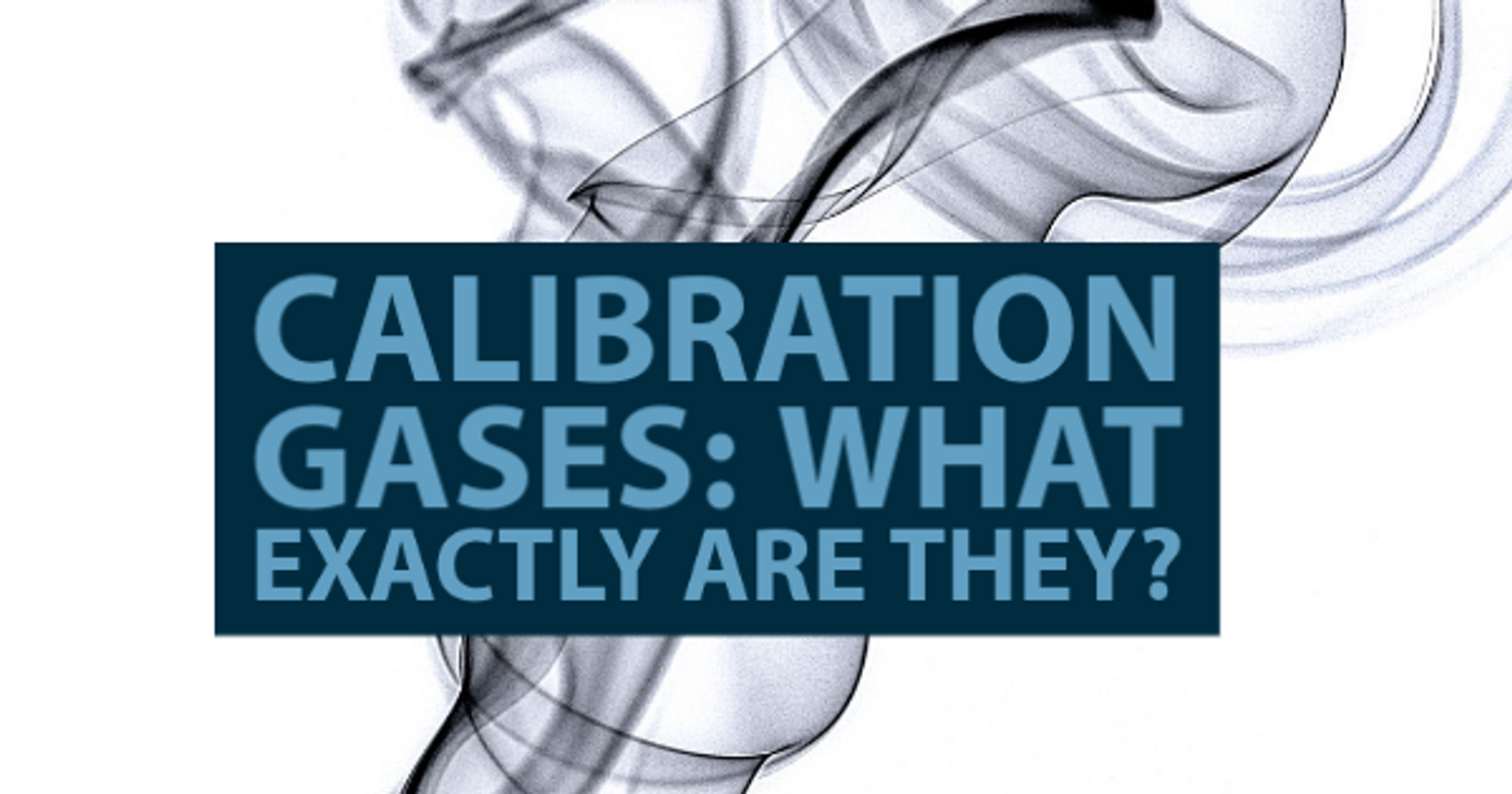Calibration Gases: What Exactly Are They?
When seeking out a calibration gas provider or specialty gas provider in general, it's important to understand not only what to look for in the provider, but in the gases themselves. There are of course misconceptions surrounding calibration gas and specialty gases, but a quick review of what they are will ensure that they are used correctly and that you actually are using a provider who can work with you. Having a good calibration and specialty gas supplier on hand will ensure that you are able to stay up to date and can budget properly for your practical needs.
What Is Calibration Gas?
It's important to understand, first and foremost, what calibration gas is on a basic level. Calibration gas is actually, technically, a type of specialty gas. It's one of a number of different gas mixes, and is used to calibrate analytical instruments. These instruments can include gas analyzers, as well as gas detectors. It's important, therefore, for this type of gas to be of a very precisely defined nature or competition. Examples would include zero gas or span gas. It must also be traceable to a national or international standard, and it must be extremely accurate. It's understandable, then, that this type of gas must be supplied very carefully. While some suppliers may be able to offer it at a more competitive price, it's important to prioritize accuracy above anything else.
What Are The Different Applications Of Specialty Gases?
Clearly, calibration gas is not the only type of specialty gas on the market. Specialty gases have a number of different applications, and with them come different types of specialty gas equipment as well as different applications. When specialty gases are of ultra-high purity, which is to say 99.995% are used across a wide range of industries, and have applications that include pharmaceuticals, semiconductor, medicine, electronics, petrochemicals, and aeronautics. Of course, this isn't to say that these gases can only be used strictly within these industries. However, they are certainly the main types of applications and markets that specialty gases are divided into.
What Should Buyers Look For In Specialty Gas Suppliers?
It's important to hone in on specific types of qualities to look for in a supplier of specialty gases in general, including calibration gas. This would of course include the previously mentioned accuracy and quality of the gases. It's also important to seek out a supplier with customer service representatives that are constantly available. This way, if there is confusion regarding the gases or the delivery, they can be very helpful in clearing that up, resulting in a smoother experience overall. Furthermore, buyers should look for calibration gas suppliers that offer a strong solutions team as well. This too will ultimately make the experience an easier one.
Clearly, there is more to calibration gases and specialty gases in general that may initially meet the eye. One reason why buyers can struggle with specialty gases is that they chose the wrong supplier from the outset, and therefore have a problem gaining solutions that are effective. As long as buyers choose to work with responsible suppliers from the start, they'll be able to do what they need to do in an effective manner.

